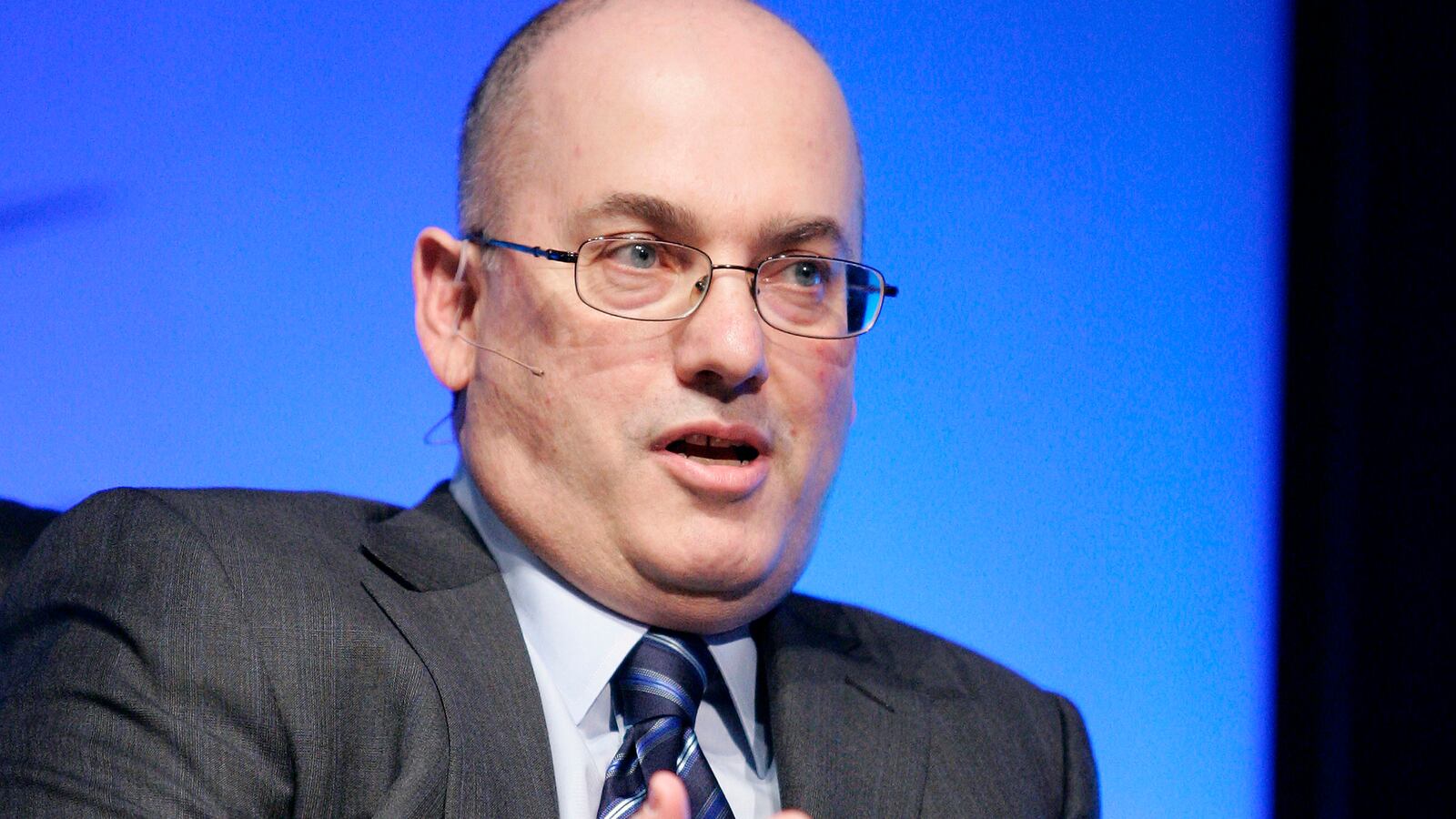If you can’t catch them in the act, try to nail them for failing to catch other people in the act. That’s the tack the Securities and Exchange Commission seems to be taking with legendary hedge-fund manager Steven A. Cohen.

For several years, federal authorities have been investigating employees, former employees, and affiliates of Cohen’s SAC Capital Advisors for insider trading. While they have had a great deal of success—several have pleaded guilty—authorities have been unable to pin insider trading directly on the 57-year-old billionaire.
In recent months it seemed that Cohen was in the process of putting his legal difficulties behind him. In April a judge approved a $600 million settlement between the SEC and SAC to settle charges of insider trading. As is usual in such cases, SAC neither confirmed nor denied guilt, which meant that business in Greenwich could continue as usual. The firm would not be put out of business. Cohen, the largest investor in his own fund complex, promptly went out and dropped $155 million on a Picasso, which was a very expensive and public way of extending a middle finger to the government.
Cohen’s seemingly charmed life continued when it was reported in early July that he wouldn’t face criminal charges as a result of the investigation. In essence, prosecutors were conceding either that they couldn’t get Cohen’s subordinates to flip and testify against him or that Cohen had simply managed to stay out of the fray while some of his employees and lieutenants racked up huge profits by trading based on insider information.
But Friday the SEC signaled that it isn’t done with Cohen yet. In an administrative charge, it accused Cohen of “failing to supervise two senior employees and prevent them from insider trading under his watch.” The document, which can be seen here, basically says Cohen should have known better. “The SEC’s administrative proceeding has no merit,” SAC Capital spokesperson Jonathan Gasthalter told Reuters. “Steve Cohen acted appropriately at all times and will fight this charge vigorously.”
In 17 pages, the SEC lays out the familiar tales of Mathew Martoma, the SAC employee who came by ill-gotten information about drug trials involving the pharmaceutical company Elan, and senior SAC employee Michael Steinberg, whose edge on Dell seemed to be having knowledge about the company’s financials. In essence, the SEC says that when these traders brought their ideas to Cohen—as they were generally required to do—he should have known something fishy was going on. After all, he routinely interrogated his subordinates about trade ideas (Cohen was always putting his money at risk whenever the firm traded). Their certainty and conviction about their investment theses, and the type of information they were describing, should have set off alarms. Anybody with any experience in the industry would have recognized that Martoma and Steinberg were up to no good, the SEC suggests.
But at SAC, the only alarm it set off was to buy or sell. “Hedge-fund managers are responsible for exercising appropriate supervision over their employees to ensure that their firms comply with the securities laws,” as Andrew J. Ceresney, co-director of the SEC’s Division of Enforcement, put it. “After learning about red flags indicating potential insider trading by his employees, Steven Cohen allegedly failed to follow up to prevent violations of the law.” In effect, the SEC is calling out Cohen for the type of culture he created at the firm. Employees were required to come up with brilliant moneymaking ideas. He didn’t much care how they got the information that informed the trades, or where they got it from, so long as it made money—and so long as he could maintain plausible deniability. Cohen’s defense throughout the investigations has been that it’s not his fault he kept hiring and hanging out with people who turned out to be crooks. With this administrative order, the SEC told Cohen that’s not good enough.
Prosecutors and white-collar defense attorneys note that “failure to supervise” is a less-serious charge than insider trading. People nailed for failure to supervise don’t typically go to jail. But such cases are often easier for the SEC to prove than cases in which people are accused of direct insider-trading violations. And the consequences can be severe—Cohen could face a bar from the financial-services industry. He has 20 days to answer the charges formally.






